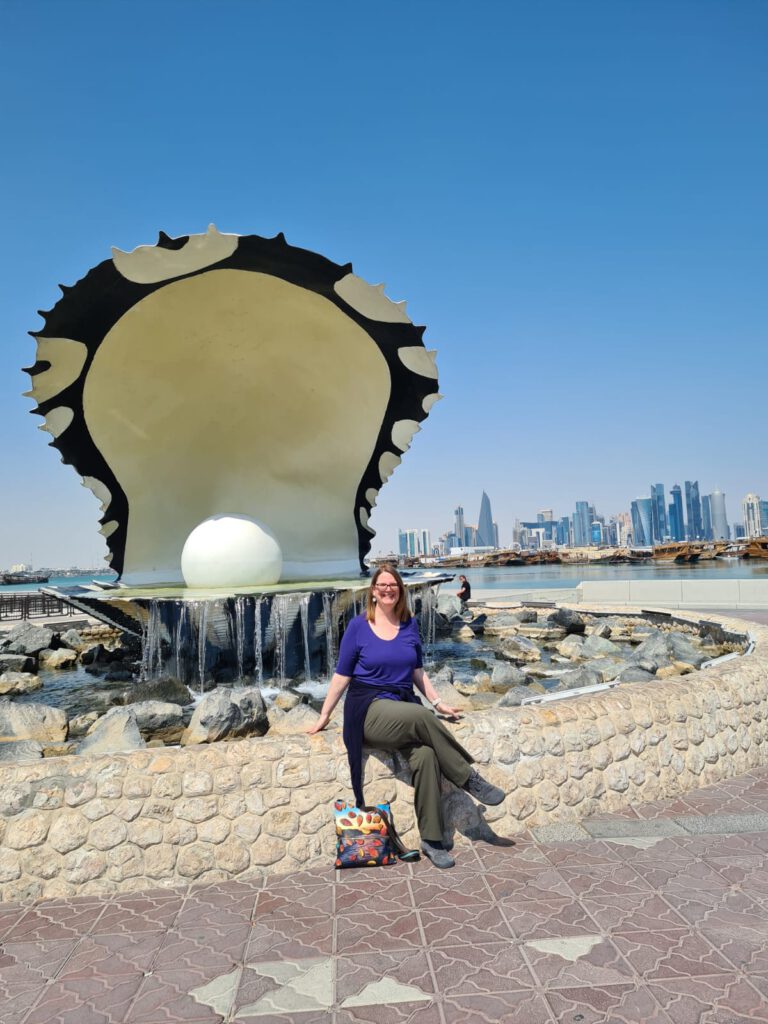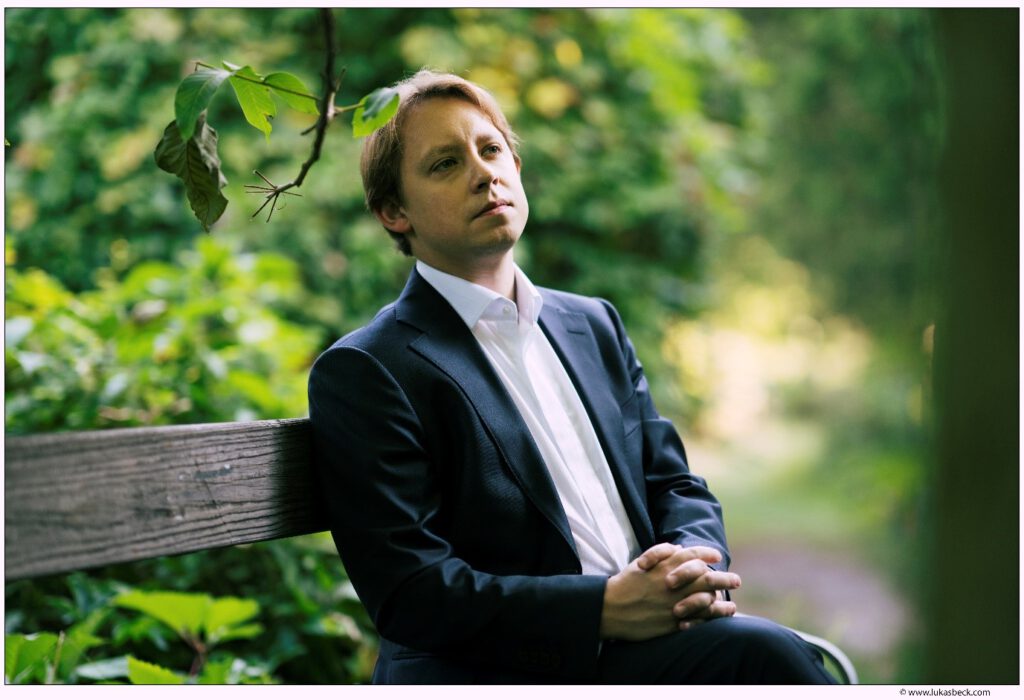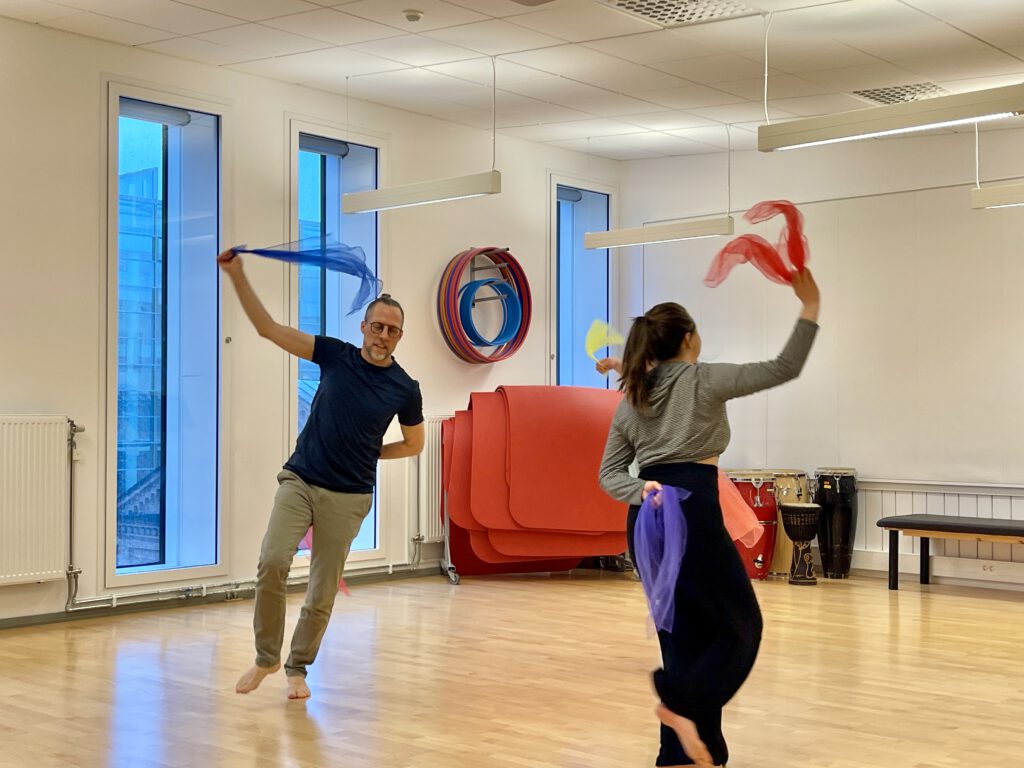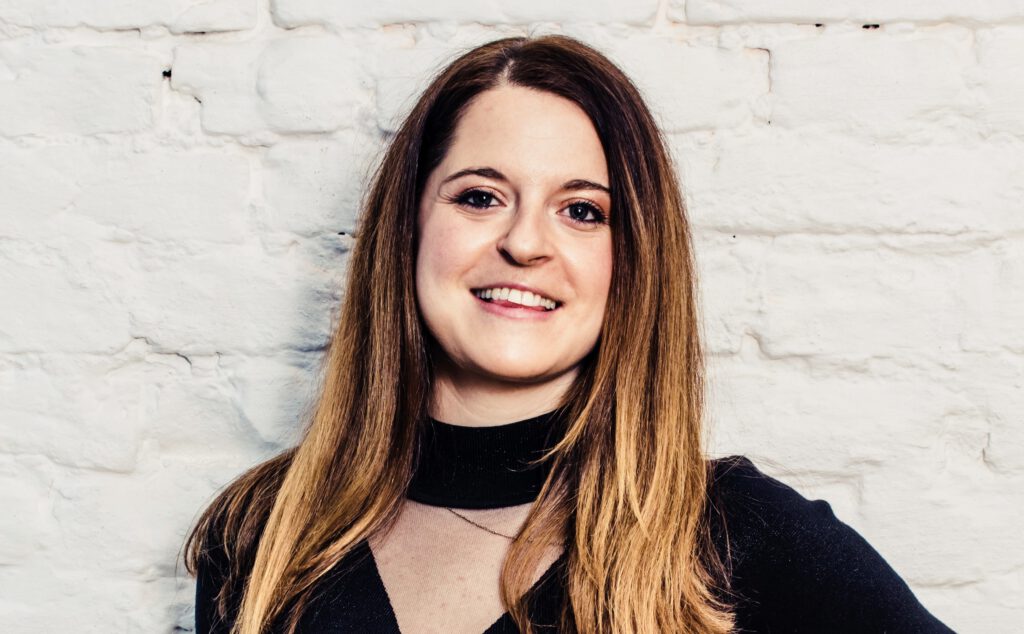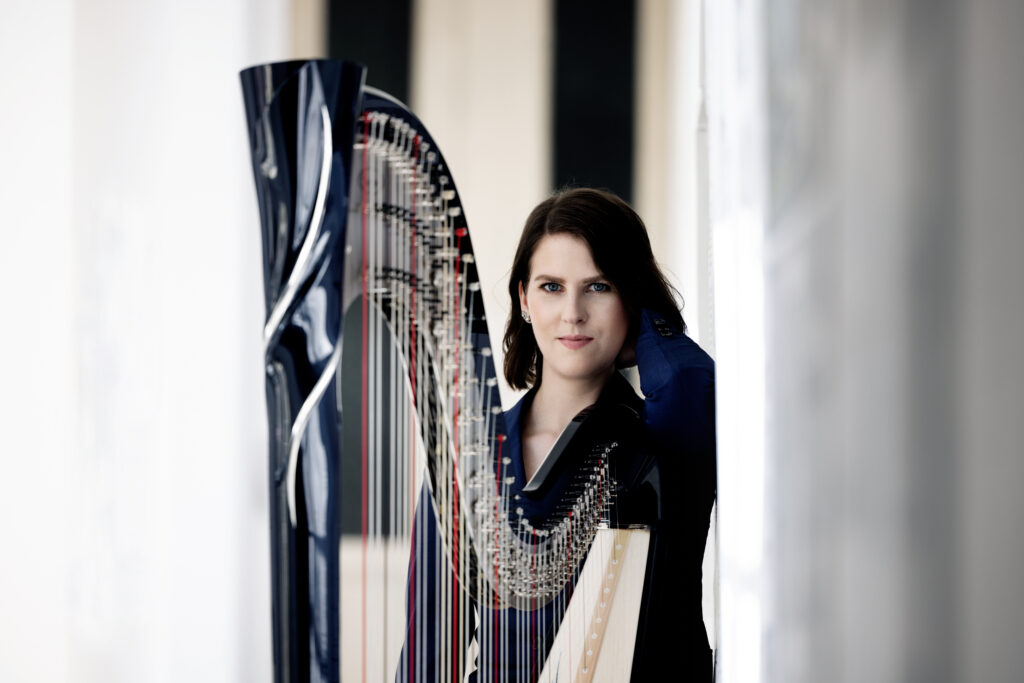Nordic Academy
At the Nordplus Intensive Project in Riga/Latvia
At the end of March/beginning of April, 2019, I was given an unusual, multifaceted task as part of the Erasmus Teaching Mobility programme: Maja Sipola, the Vice Rector for International Affairs at the Latvian Academy of Music in Riga and thus also responsible for the Erasmus programmes, had contacted me in January via our Office of International Affairs and asked if I would be interested in helping to coach the high strings for a concert of Baroque and Classical music. Moreover, I was to give a basic introduction to Baroque and Classical playing techniques for so-called modern stringed instruments. In their search for a suitable person, the Academy in Riga had looked through the website of the Joseph Haydn Department of Chamber Music and Contemporary Music and seen that I had for several years been mentoring the newly formed “Collegium musicum der mdw”, also serving as its concertmistress and string coach, and decided to contact me.
The Nordplus Intensive Project, held from 28 March to 4 April at Riga’s Latvian Academy of Music, was a partnership between students and teachers from the music universities of all Baltic countries plus Finland, represented by the Sibelius Academy Helsinki. Under the artistic direction of the Russian-Israeli violinist Sergey Ostrovsky, who also served as soloist, a concert programme was to be rehearsed and performed at various venues – all within one week. Aside from one contemporary work, the programme was made up largely of music from the eighteenth century, including Johann Sebastian Bach’s fourth Brandenburg Concerto and his second Orchestra Suite in B-Minor as well as Joseph Haydn’s Symphony No. 45. And it was for precisely this repertoire that my expertise with regard to stylistically appropriate performance practices was requested.
In practice, this proved to be less than simple. As the project director had decided to oversee the violins by himself and a cello professor took charge of the low strings, I was left with the violas. This was not really a problem, as the students studying Baroque violin with me at the mdw in recent years have always included viola players as well. I was thus familiar with both the viola repertoire and the specific problems associated with it, which was a great advantage to me in Riga.
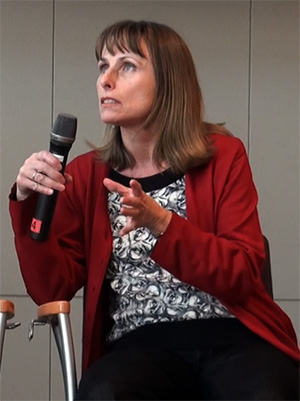
To complement and enhance the practical rehearsal work, a workshop was planned on Baroque and Classical string playing, which I held on 2 and 3 April. Demonstrations of examples of Baroque and Classical bowing techniques – using historic bows I had brought with me – met with great interest and led to lively discussion. In addition, I offered individual lessons for violinists and violists in the context of this specific repertoire, which were very much in demand. Finally, I took over the rehearsal of several pieces played by the Academy’s Baroque Ensemble.
The necessity of good – meaning reliable – scores, without additions by the editor, as an indispensable basis for serious rehearsal work for the programme was discussed in depth. In this regard, Vienna is further ahead than other places. On the other hand, the sole use of first-edition and even manuscript facsimiles as the basis for rehearsal and performance work is to be questioned.
I observed that in the Baltic countries, people were aware of the work being done at the Music and Arts University of the City of Vienna to establish a curriculum for Early Music, but had not known about the competence and potential of the mdw in this area. This perception should be remedied in the future.
A number of clips from the video made in the context of this project serve to document my work with the students from the Baltic and Nordic countries. I endeavoured above all to take the knowledge that the study of historic performance practices is able to provide to our modern orchestra and chamber-music culture and apply this to a stylistically broad repertoire of over 200 years of music history. Additionally, I wanted to demonstrate that this knowledge extends far beyond the Baroque/Classical era and is absolutely essential for informed music-making. I hope that I was able to explain this clearly in the context of the Nordplus event. At the mdw, we should continue to cultivate and research this and convey this in our teaching – both in Austria and abroad.
Are you a mdw teacher and interested in teaching in one of our partner institutions in Europe?


